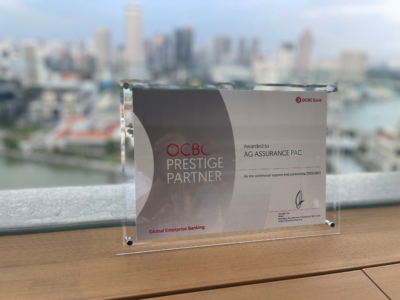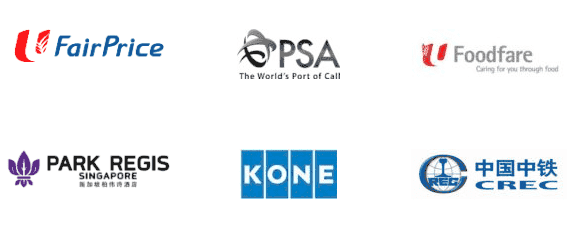Finance ministers from the Group of Seven (G-7) rich nations recently reached a historic landmark accord to set a global minimum corporate tax rate of at least 15 per cent. The call for this proposal was to tackle tax evasion by multinationals and impose efficient measures to ensure taxes are duly paid in countries where their businesses operate.
The reform of the tax system serves as an equitable worldwide solution with proper allocation of taxing rights. With the global minimum tax in place, each country would collect the underpaid taxes of its multinationals regardless of where their sales are made. Should taxes in their traditional home countries be lower than the minimum rate, additional surcharges are imposed on their profits.
Though the pact is still underway, experts believe these new rules could likely reduce the attractiveness of Singapore as a business hub if the country’s appealing corporate tax rates may no longer be on the table. So let us dive deeper into why Singapore’s attractiveness as a regional and global business hub might be affected and how this tax reform could impact local businesses.
1. The pool of potential investors are affected
The headline corporate tax rate in Singapore is 17 per cent, but the effective tax rate is much lower – perhaps even falling short of the proposed global minimum of 15 per cent. This is due to the various perks and concessionary rates a handful of industries enjoy. Targeted businesses across the technology, finance, and maritime sectors are among the few who revel in preferential tax rates.
Given that Singapore offers attractive tax incentives to lure investments from multinational corporations, these new tax rules might hinder the companies’ decision to establish a business presence here. Potential investors would need to reassess their decision and relook into the benefits of operating their businesses in our country. They may consider relocating their organisations to countries where labour costs are lower to ensure their profits remain stable despite the higher tax rates across the board.
This move may have repercussions for various local businesses in Singapore. Multinationals typically outsource various non-essential services to local small and medium-sized enterprises (SMEs) to lower their operating costs. If these companies decide to move overseas, they may no longer see the need to continue maintaining their existing contracts with these local businesses.
2. A shrink in corporate tax revenue
Higher taxes advertently result in a decrease in multinationals’ corporate profits. As a result, these huge enterprises will have to seek other alternatives to increase revenue, leading to a potential reduction in employee wages or higher consumer prices.
Since Singapore has a small market and consumer base, this would mean that the revenue base would shrink as the new system seeks to link the taxing rights to the consumer and user markets. Although the proposed tax reform does not apply to small and medium enterprises, these businesses may still find themselves impacted by the rising costs, especially if they purchase their office supplies from the affected corporations.
With rising costs on the horizon, it is more crucial than ever to keep track of your financial reports. If you are facing a struggle to monitor your company’s finances, you may want to consider engaging the services of an external accounting firm. At Ackenting Group, we deliver a suite of tax and accounting services to ensure you stay on top of your business’s finances. Our team of experienced accountants will provide you with comprehensive tax strategies that can efficiently prime your organisation for maximum growth and profits. We also offer efficient incorporation services to help entrepreneurs establish their new business ventures in Singapore.
3. A need to adopt new strategies
Aside from Singapore’s competitive tax regime, global enterprises have also looked to Singapore as a prime investment location due to various factors, such as political stability, intellectual property protection, and connectivity to regional and global economies.
With the new tax implementation, there will be a lack of tax incentives granted by Singapore to attract foreign investments. Therefore, our country will need to adapt accordingly and develop necessary measures to further appeal to multinationals. Eventually, Singapore will have to adopt new strategies for better innovation, training or value-added activities for companies to keep international investors interested.
Conclusion
SMEs, which forms the majority of economic activities in Singapore, are unlikely to be impacted by the tax reform as it is targeted at companies with revenues of at least 750 million euros. However, there may still be a top-down effect on various local businesses should the bill be implemented. Moreover, any changes to Singapore’s corporate tax laws are likely to necessitate a shift in strategy by the government, which could also have lasting consequences for these local companies.
If you require any assistance on accounting services, feel free to drop us an email at johnwoo@ag-singapore.com or contact us at +65-66358767. At Ackenting Group, we offer a complimentary 30 minutes online consultation for us to better understand your business requirements.














